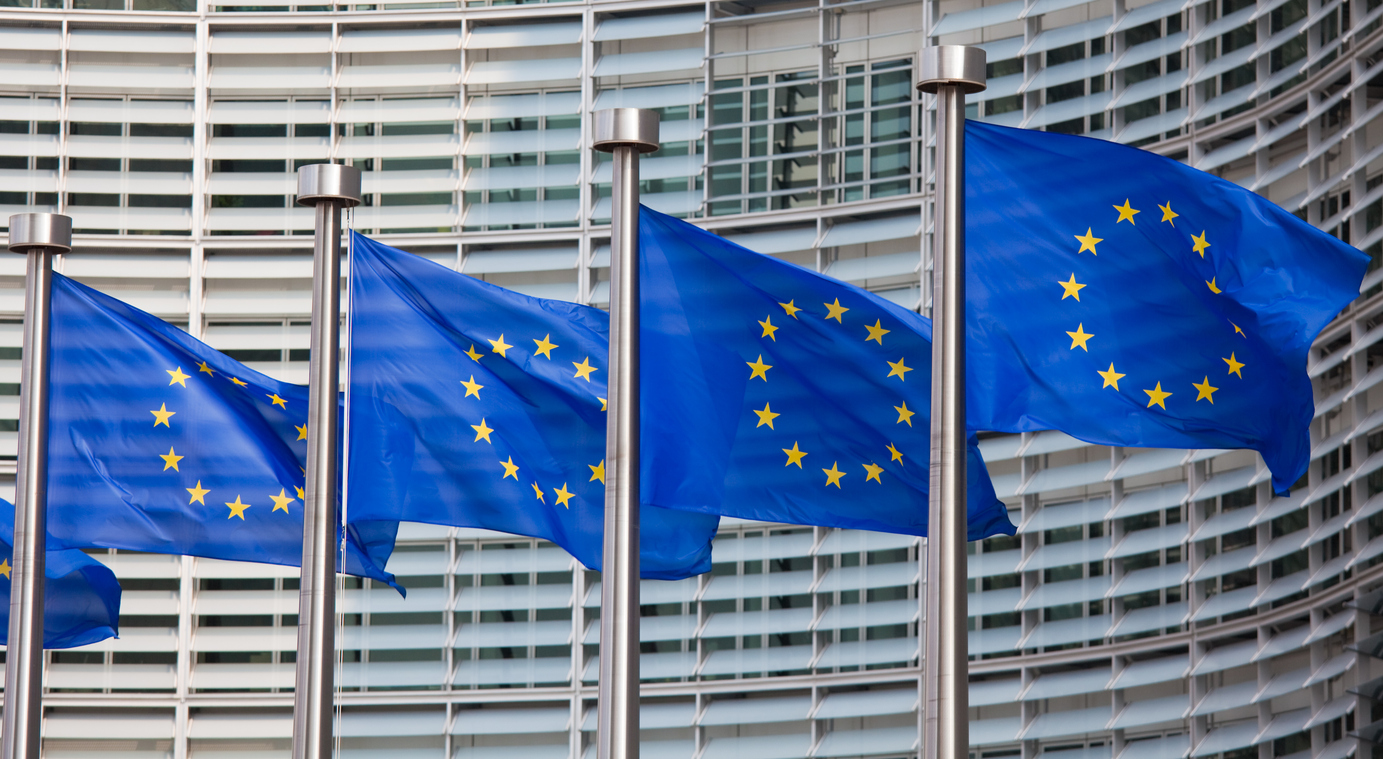Single market at heart of EU plans for pharma reform

The European Commission’s long-promised revamp of pharmaceutical legislation is finally unveiled, and it’s ambitious to say the least.
The headline of the proposal is the creation of a single market across the EU for medicines, doing away with the current fragmentation in the marketplace that, according to some, leads to unequal access to medicines between member states, makes health systems inefficient, and violates the rights of EU citizens.
At the moment, while there are mechanisms for centralised approval of new medicines, rollout across member states depends on national negotiations on pricing and reimbursement that can hold up launches by months and conflict with the principle of free movement of goods.
“We are putting forward proposals to ensure that medicines reach patients everywhere in Europe, in a timely and equitable fashion,” said Stella Kyriakides, EU Commissioner for Health and Food Safety. “It is a reform which ensures that Europe remains attractive for business, and our pharmaceutical industry [is] a global innovation powerhouse.”
The pharma industry has long been in support of a single, competition-based market for medicines, driven by innovation and market pricing, but it is already baulking at one proposal mooted by the Commission – penalties if a medicine is not made available across all member states within two years of approval.
“Fixing the tenfold variation in access to new medicines across the EU, requires all partners to urgently get round the table and address the real issues, rather than unworkable EU-level legislation that is destined to fail,” commented Nathalie Moll, director general of the European Federation of Pharmaceutical Industries & Associations (EFPIA).
Other elements of the proposals are also unpalatable for the pharma industry, particularly a previously signposted plan to reduce the number of years of market exclusivity for new medicines from 10 to eight years.
Longer protection up to 12 years could be possible for companies that, for example, make their medicines available to all EU patients, carry out comparative studies, and/or address a new indication or unmet medical needs.
EFPIA said that the plan “risks sabotaging Europe’s life sciences industry, putting European patients further away from the cutting-edge of healthcare.”
“Although the revised legislation was meant to improve Europe’s competitiveness, the ‘net’ impact of policies set out across these proposals, in their current form, puts European competitiveness at risk,” said the organisation’s president, Hubertus von Baumbach.
“Overall, it weakens the attractiveness for investment in innovation and hampers European science, research, and development,” he added.
That view was echoed by Jacqueline Mulryne, life sciences partner at law firm Arnold & Porter, who said: “The reduction in the time periods for […] market exclusivity is disappointing in the context of continued calls to ensure Europe is pro-innovation and fosters a thriving pharmaceutical industry.”
She added: “We know from public reports that there has been a debate among member states about the balance between being pro innovation and supporting patient access to authorised medicines. These proposals seek to maintain that balance, but industry will need to follow the developments closely and engage with the various consultations to ensure its views are heard.”
The proposals also aim to reduce the administrative burden facing drug developers – by speeding up procedures and reducing authorisation times for medicines so they reach patients more quickly.
Under the plan, the EMA will have 180 instead of 210 days to carry out reviews, and the Commission will have 46 instead of 67 days for approval, which aims to reduce the current average of around 400 days between submission and market authorisation.
The package also includes a framework for a compulsory licensing scheme that would allow the EU to set up manufacturing of vaccines and drugs in times of public health emergency, in a nod back to the slow rollout of COVID-19 vaccines in the bloc.
Other elements tackle antimicrobial resistance (AMR) – by providing incentives for new drug development in the form of data exclusivity vouchers that could be traded, much like priority review vouchers issued by the FDA – and making pharmaceutical products more environmentally sustainable.
The legislative proposals will now be submitted for amendment and approval to the European parliament and council, and will eventually be laid out in a new Directive and a new Regulation, which will revise and replace the existing pharma legislation.













